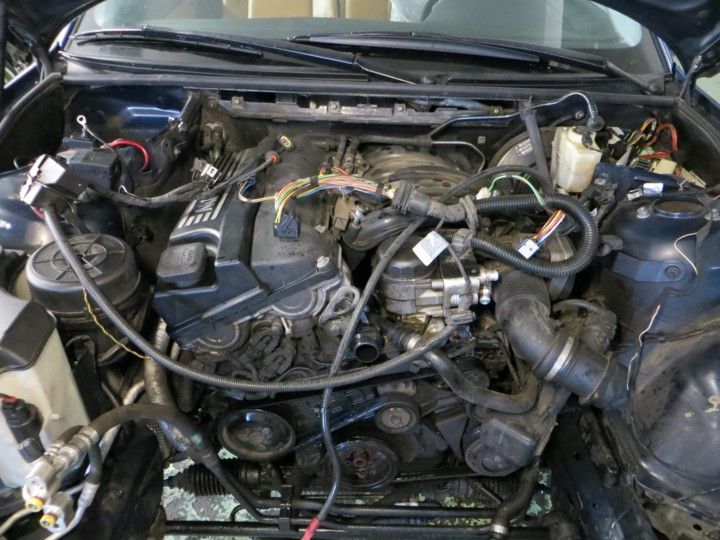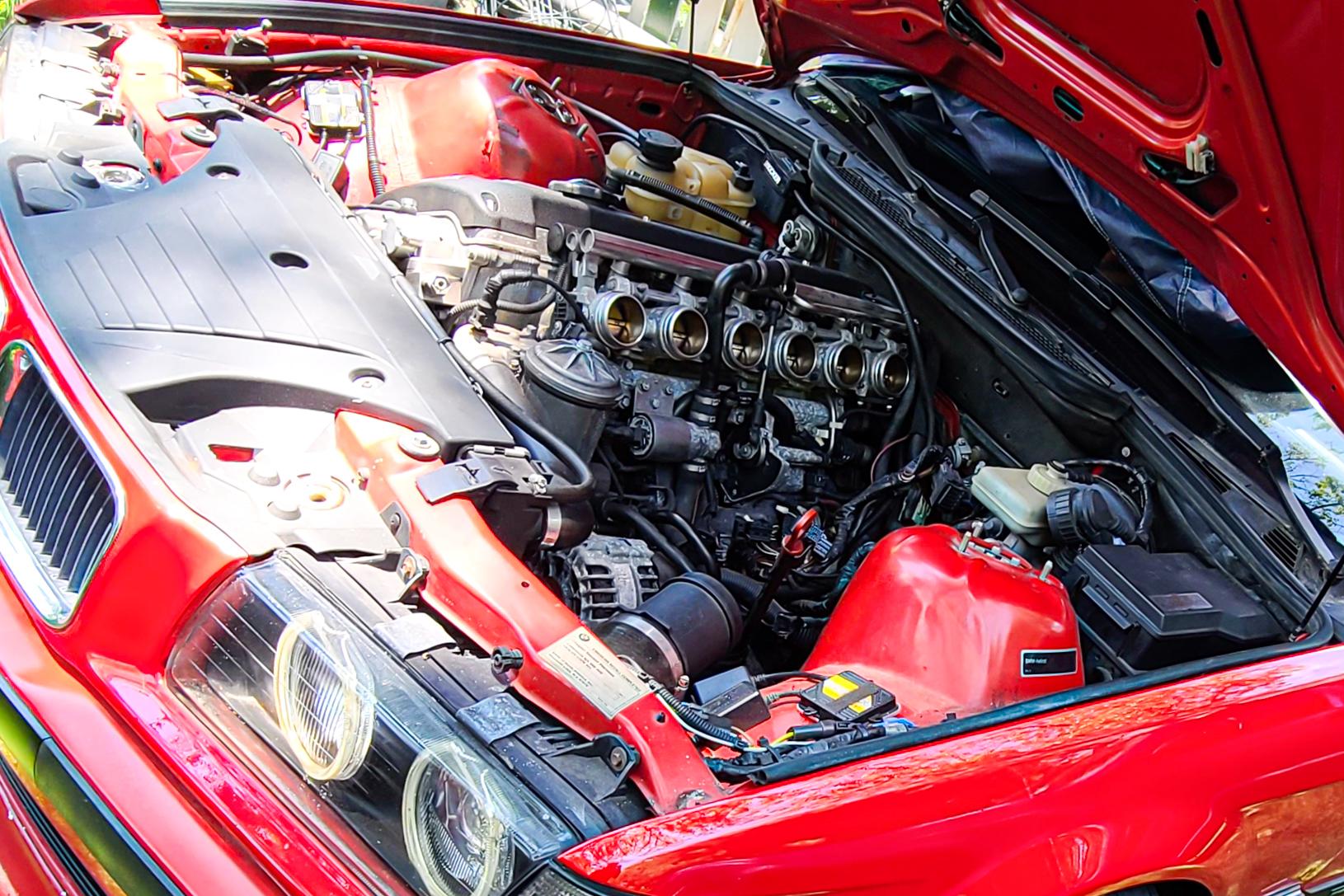BMW 318ti: A Comprehensive Overview to This Compact Giant
BMW 318ti: A Comprehensive Overview to This Compact Giant
Blog Article
Essential Factors To Consider for Picking the very best Engine for Your Requirements
In the realm of choosing the ideal engine to fulfill your requirements, several vital factors demand careful consideration to guarantee ideal performance and efficiency. From the nuanced equilibrium between power and performance to the often-overlooked facets of maintenance and solution demands, each element plays a critical duty in establishing the most appropriate engine for your particular requirements.
Power and Efficiency
When evaluating engines for optimum performance, it is critical to focus on both power result and effectiveness. Efficiency refers to exactly how well the engine converts gas into usable power. By meticulously evaluating both power and efficiency, you can select an engine that provides ideal performance and fulfills your requirements successfully.
Gas Performance and Economy
In the realm of engine choice, the factor to consider of fuel efficiency and economy holds extremely important significance. Gas performance describes the engine's capacity to transform fuel into power with marginal waste, directly impacting operating expense and environmental sustainability. bmw 318ti. When selecting an engine, examining its fuel economy is essential to determine long-lasting cost savings and environmental impact. Engines with higher gas performance not just lower fuel expenditures but additionally lower carbon emissions, adding to a greener operation.

Compatibility and Application
Considering the fuel efficiency and economic climate of an engine, the next important facet to address is its compatibility and application within details operational contexts. Compatibility refers to just how well the engine integrates with the total system or devices it powers.
In addition, the application of the engine is equally essential. Different engines are designed for particular objectives, whether it be commercial equipment, aquatic vessels, vehicles, or power generators. Comprehending the intended application enables the option of an engine that can supply the needed power output, torque, and operational characteristics. For circumstances, a high-revving engine created for efficiency automobiles would certainly not be ideal for heavy-duty building and construction tools that needs high torque at low rates.
Upkeep and Service Needs
Maintenance and service requirements play an important role in making sure the longevity and optimal efficiency of an engine. Normal maintenance is crucial to protect against break downs, expand the lifespan of the engine, and maintain its effectiveness. When choosing an engine, it is necessary to take into consideration the supplier's recommended maintenance routine and the accessibility of service centers or qualified service technicians.
Aspects such as the regularity of oil changes, filter substitutes, and total inspections can dramatically affect the engine's performance. Some engines might require more constant servicing based upon their design and usage, while others might have longer intervals between maintenance checks. It is essential to stick to these service see here now requirements to prevent expensive repair work and unexpected downtime.

Cost and Spending Plan Factors To Consider
Budget restraints frequently play a substantial duty in the decision-making procedure when selecting an engine for a specific application. When taking into consideration the expense and budget plan implications of choosing an engine, it is vital to assess not only the first acquisition cost yet likewise the long-term expenses related to maintenance, fuel consumption, and possible upgrades or repair services. It is essential to strike an equilibrium between the ahead of time expense of the engine and its overall lifecycle expenses to ensure that the selected engine continues to be financially lasting throughout its operational life expectancy.
Elements such as fuel sturdiness, performance, and integrity can directly influence the overall expense of possession of an engine. While a much more costly engine might have higher ahead of image source time costs, it can possibly lead to lower upkeep and gas expenditures with time, hence using far better worth over time. Additionally, thinking about the accessibility and cost of extra parts, in addition to the convenience of upkeep and solution, can assist avoid unexpected economic stress in the future. By very carefully reviewing these expense and budget considerations, you can make an educated decision that lines up with your monetary restrictions and operational needs.
Verdict

Gas performance refers company website to the engine's ability to convert fuel into energy with minimal waste, directly affecting operating costs and environmental sustainability.Elements influencing gas effectiveness consist of engine layout, combustion effectiveness, and general performance optimization. Furthermore, picking the appropriate fuel type and quality as recommended by the engine supplier can even more boost efficiency and extend engine life expectancy.
Engines with excellent use functions and easily available components can lower maintenance costs and decrease the time the engine is out of operation - bmw 318ti. It is vital to strike a balance in between the upfront price of the engine and its total lifecycle prices to make sure that the picked engine continues to be monetarily sustainable throughout its functional life expectancy
Report this page